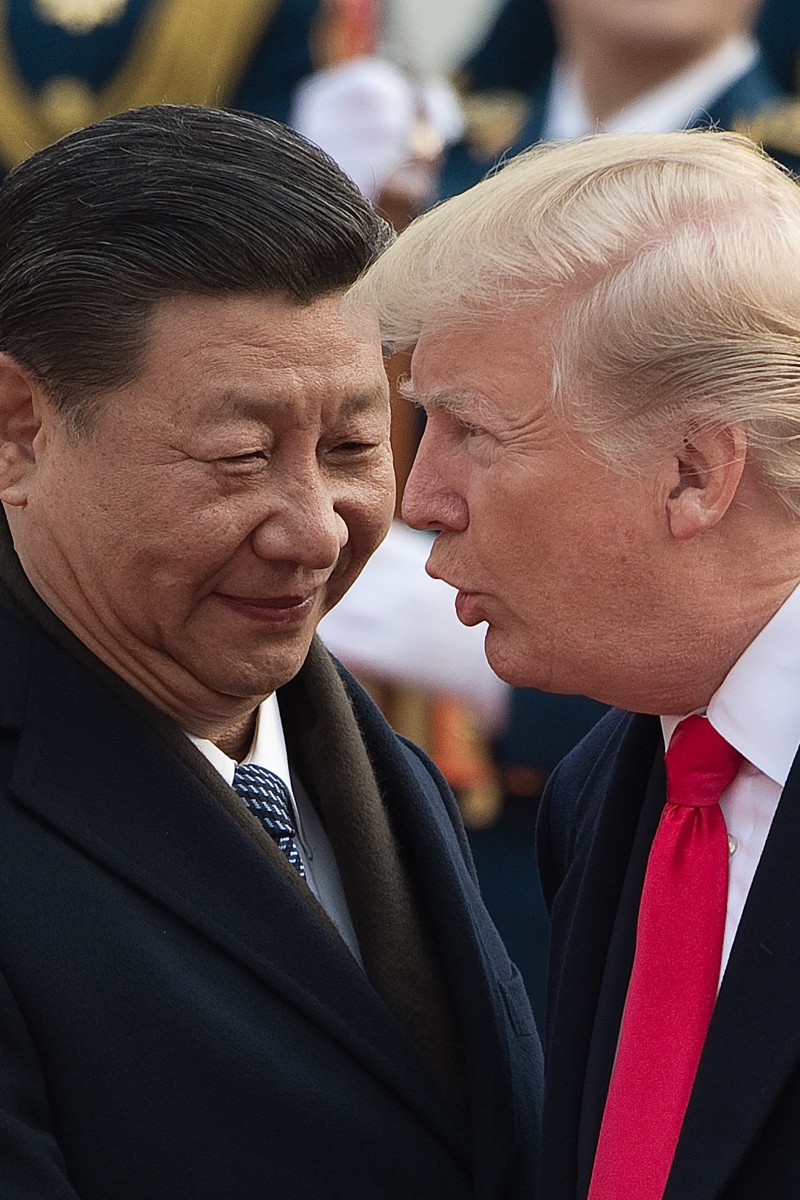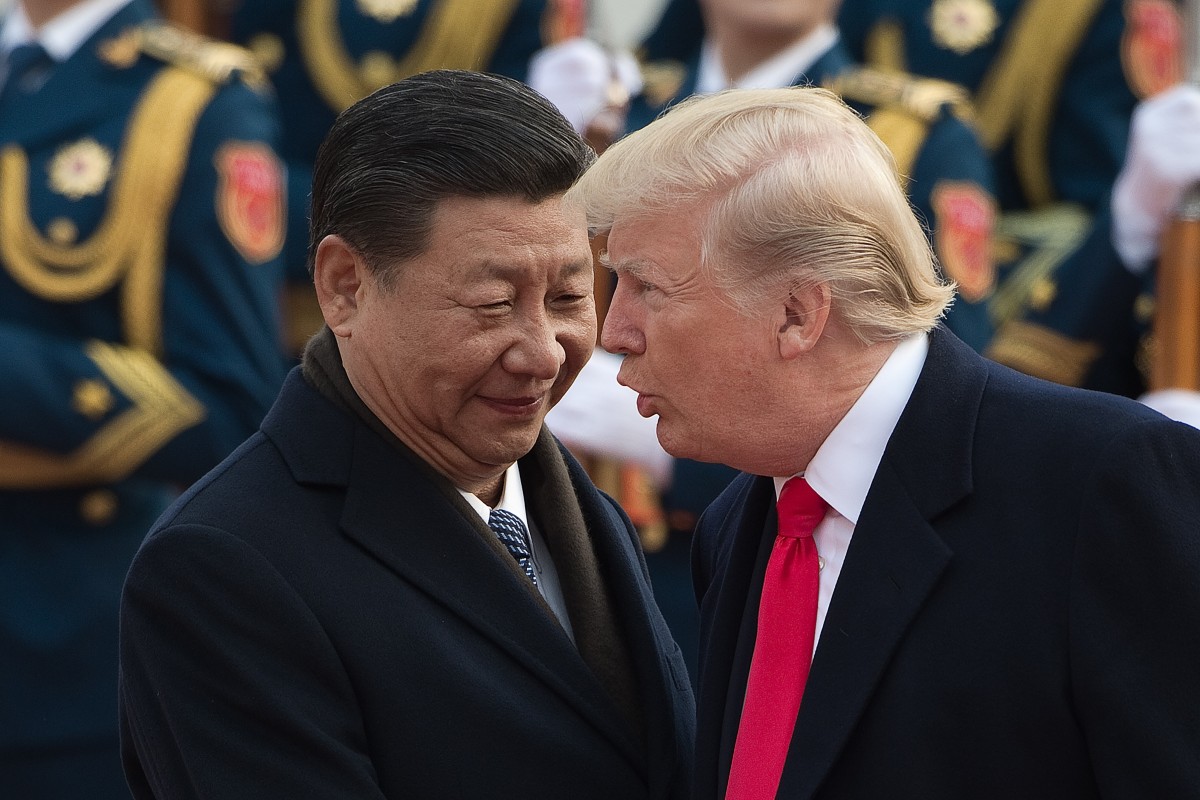
Donald Trump’s trade war rhetoric with China could become a reality
The US president recently claimed that trade wars are “easy to win” and is proposing large tariffs and restrictions on Chinese imports
 Trump could be serious about placing huge tariffs on Chinese imports.
Trump could be serious about placing huge tariffs on Chinese imports.We’re all used to US President Donald Trump brandishing words like a club, raining Twitterstorm after Twitterstorm down on opponents and changing his mind like his cabinet changes members.
Because of this, it’s easy to dismiss the likelihood of a China-United States trade war as simply another bold but meaningless statement from a man known for his awful diplomacy.
However, much like the “Beast from the East”, the cold snap that has been pummelling Europe since late February, a geopolitical storm is brewing, stoked by the departures of top US officials Gary Cohn and Rex Tillerson – both moderates – as well as Xi Jinping’s move to remove term limits and extend his mandate to rule indefinitely.
Trump, having recently claimed that trade wars are “easy to win”, seems to be backing up his words with outrageous demands. After being presented with a tariff and restrictions package that would cut Chinese imports by US$30 billion a year, the Trump administration reportedly requested that the number be more than tripled to $100 billion.
Without the calming voices of Cohn and Tillerson, the more radical advisers Mike Pompeo and Peter Navarro, both of whom favour a tough anti-China stance, will have Trump’s full attention. They are likely to make the most of it by promoting an “America first” agenda which would sour China-US relations.
What’s more, Trump had previously promised to go soft on Chinese trade in return for China putting pressure on North Korea’s nuclear programme. But since he is now willing to meet North’s leader Kim Jong-un personally, there’s even less incentive for his administration to be moderate.
On the Chinese side, they seem to be taking more mature steps, attempting to diversify their economic influence via investments in Latin America – where they almost match US influence – Africa, and Hungary, thereby possibly softening the blow of a trade war with the US. In addition, China sent top officials Yang Jiechi and Liu He to Washington DC to soothe hostility in the US.
While they were unsuccessful, it seems to be in both countries’ best interests to avoid a trade war, especially given China’s self-professed desire to become a modern country by 2035.
One hopes that the two countries can learn from the period of tension to arrive at a new world economic order, and that economic hurdles won’t prevent them from cooperating on other important issues, such
as terrorism.